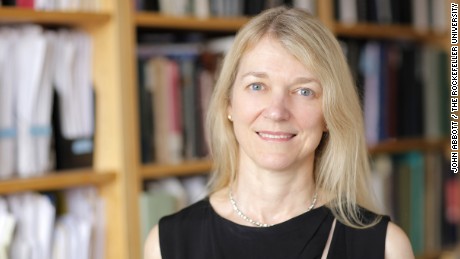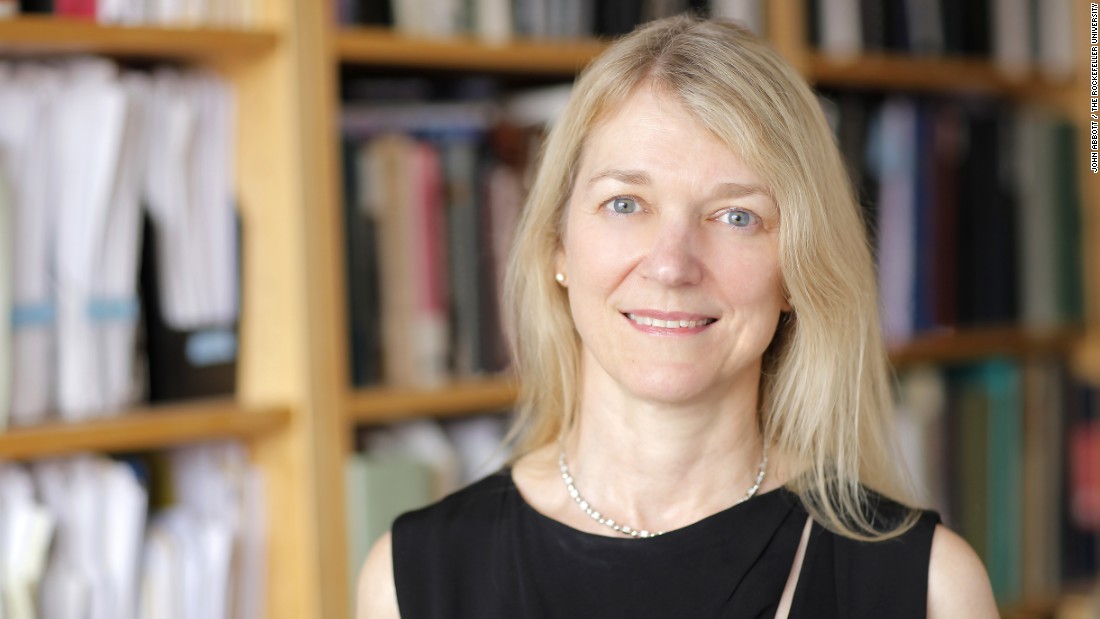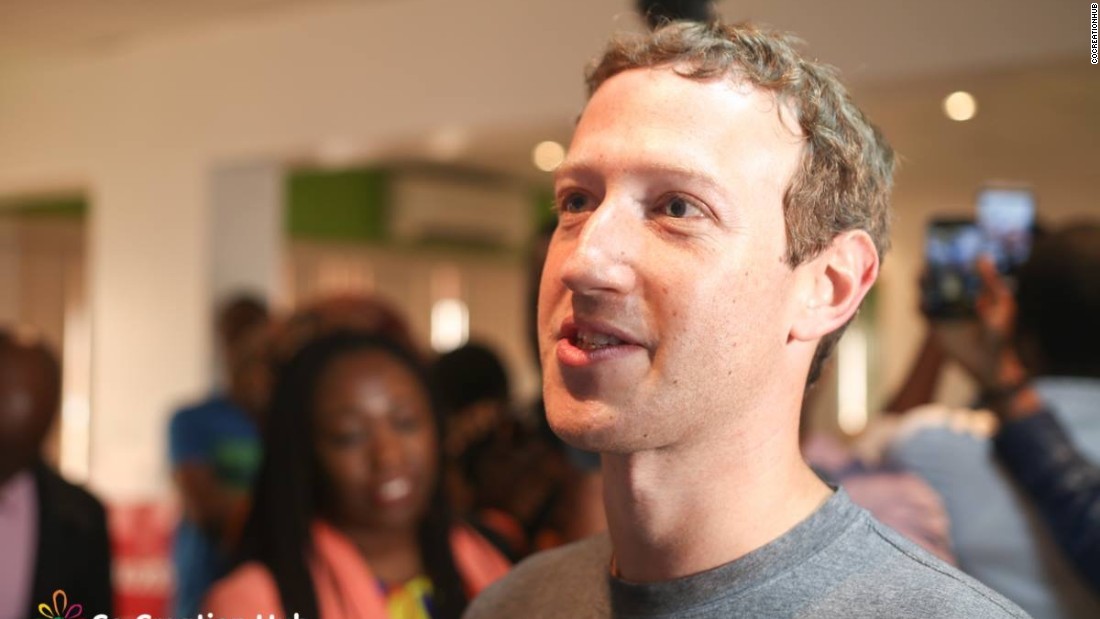
(CNN)Hearing the words “$3 billion,” most of us felt vaguely stunned, so we missed hearing what came next during Wednesday’s announcement from Facebook founder Mark Zuckerberg and Dr. Priscilla Chan. The Silicon Valley couple also introduced the world to the new president of Chan Zuckerberg Science — now perhaps the most influential scientist on the planet.
“One of the world’s most respected neuroscientists and geneticists” and a “legitimate rock star,” Chan gushed from the San Francisco stage: “Great efforts take great leaders, and today we are pleased to welcome Cori Bargmann.”
Cori Bargmann and the worm
“I’ve always been a really curious person,” said Bargmann, a professor at the Rockefeller University in New York who studies the biology of the brain. “You can put anything in front of me, and I’ll read it. The first time I went into a scientific laboratory and I realized that I could discover things that no one had ever discovered before, that just satisfied my curiosity in the most gratifying way. And I’ve never looked back.”
Born in 1961, she and her family moved to Georgia when she was a child. She is married to Nobel laureate Richard Axel, a neuroscientist at Columbia University.
As Bargmann sees it, roughly 80 years till the end of the century may be needed to identify and support the basic science that will lead to transformative discoveries in medicine.
To illustrate why such a long span is necessary, she spoke of how in the 1970s and 1980s, scientists concentrated on studying viruses that infect human cells and animal cells because they thought it would be important to know, in a general way, how viruses cause disease.
“One of the viruses that was studied was the rous sarcoma virus, a virus that affects chicken,” she said. Though you might think this chicken virus had nothing to do with human viruses, rous sarcoma virus was the first retrovirus to be studied. Later, in 1983, when the retrovirus known as AIDS was identified, the knowledge gained from working on a mere chicken virus enabled relatively rapid progress in developing treatments for that disease.
Bargmann said she hopes to fund similar research building blocks to serve as a foundation for understanding some of the towering issues of science.
Creating a cell atlas
So what’s on her list of proposed projects for the Chan Zuckerberg Initiative and the new “Biohub” partnership between University of California, San Francisco; Stanford; and University of California, Berkeley?
“The Chan Zuckerberg science plan is to focus on developing the technologies for making a cell atlas,” she said. “We want to identify every cell type in the human body, their location, their numbers, their neighbors and their molecular components.”
Essentially, creating a cell atlas is an engineering problem, said Bargmann, “just as the human genome was an engineering problem … and putting a man on the moon was an engineering problem.”
As she sees it, a cell atlas is similar in scope and in vision to the Human Genome Project, in which scientists from around the world mapped the genetic blueprint that creates a human being. Like that project, Bargmann thinks a Cell Atlas will require “a lot of different partners working together, different organizations, different funding agencies, multiple countries, extensive collaboration.”
Bargmann’s view that collaboration and technology are essential to solving the “next generation of challenging problems” is shared by Chan and Zuckerberg. After all, the founder of Facebook views science through a familiar lens of technology and networking.
Science networks
“Most of the big breakthroughs that have happened through the history of science are not done by a single person, but they’re done by groups of scientists either working together or working separately and sharing data or building tools to push the whole field forward,” Zuckerberg said during Wednesday’s announcement. “If you can make those connections happen faster, then you take progress that might have taken 10 or 15 years for people to make those connections, and you make that happen now.”
In selecting a science president, Chan and Zuckerberg spent the past couple of years talking to scientists all over the country, Chan explained, and that pointed them toward Bargmann.
“Mark and Priscilla have been taking this idea of going into science incredibly seriously,” Bargmann said.
Chan and Zuckerberg are “refreshing people to work with,” she said, not only “open to other people’s ideas” but still open to learning. Yet, there’s one more important commonality between Bargmann and the couple from Silicon Valley.
“My father worked at Watson Laboratories, which was the IBM experimental computer science laboratory from 1961 to 1965 at the birth of computing,” she said, adding that as the daughter of a computer scientist and statistician, she’s had exposure to progressive technologies for most of her life.
Did that help Chan and Zuckerberg choose her? Bargmann said, “Absolutely not. I don’t believe he knows that.”
Read more: www.cnn.com







![[Video] How to get rid of bed bugs in Toronto](https://www.thehowtozone.com/wp-content/uploads/2019/10/maxresdefault-2-100x70.jpg)


